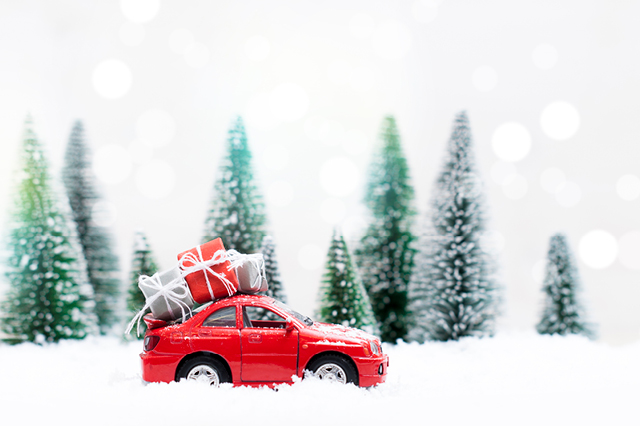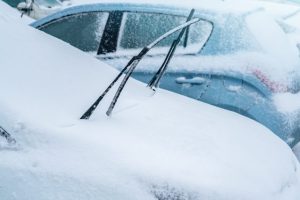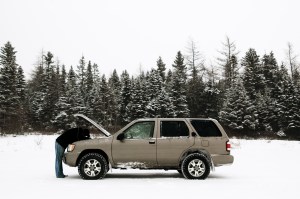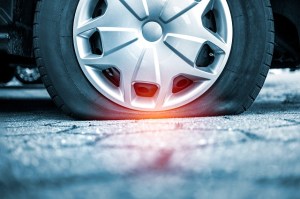It’s here: winter.
With it comes cold weather, snow and ice that can wreak havoc on your car. Preparing your automobile for winter isn’t a luxury – it’s a necessity. For some help, we asked AAA’s Car Doctor John Paul for tips on properly winterizing your automobile.
Check Your Fluids
Not properly adjusting car uids could cause these fluids to freeze and damage your car.
“The antifreeze/engine coolant should be clean and protect the engine against freezing,” Paul said. “A 50/50 mix of engine coolant and water will protect an engine to 34 degrees below zero.”
Other fluids to check and refill or replace include freeze-resistant washer fluid, transmission fluid, and power steering and brake fluid.
Add Winter Tires
When temperatures hover around freezing, the rubber compounds in non-winter tires harden, decreasing their ability to grip the road. Add in slippery, icy roads, and you have a potentially dangerous situation.
“There is no substitute for good tires in the winter; if you need to be out in the worst weather consider four dedicated winter tires,” Paul said. “If your vehicle tires are worn, replace them before the snow falls.”
Winter tires have tread patterns and rubber compounds specially designed for optimum traction on slick roads.
Test Your Battery
Cold temperature limits your car battery’s power output while simultaneously requiring more power to work.
“A car engine needs about 30 percent more energy to start when the temperatures drop to freezing,” Paul said. “And at zero degrees your vehicle battery can only deliver at 50 percent of its rated capacity.”
He recommends getting your battery tested if it’s more than 3 years old and replacing it if it’s more than 5 years old.
Don’t Get Frozen Out
Snow, sleet and ice buildup can freeze your car doors shut. If you find yourself in that situation, try every door; one might not be frozen. Don’t use hot water. You may melt the ice, but you’ll just be leaving more water to freeze later. Use de-icer spray instead, but remember – prevention is the key. When it’s dry outside, wipe down the door seals and spray the gaskets with silicone to prevent freezing.
Find more winter-weather driving tips by clicking here.












